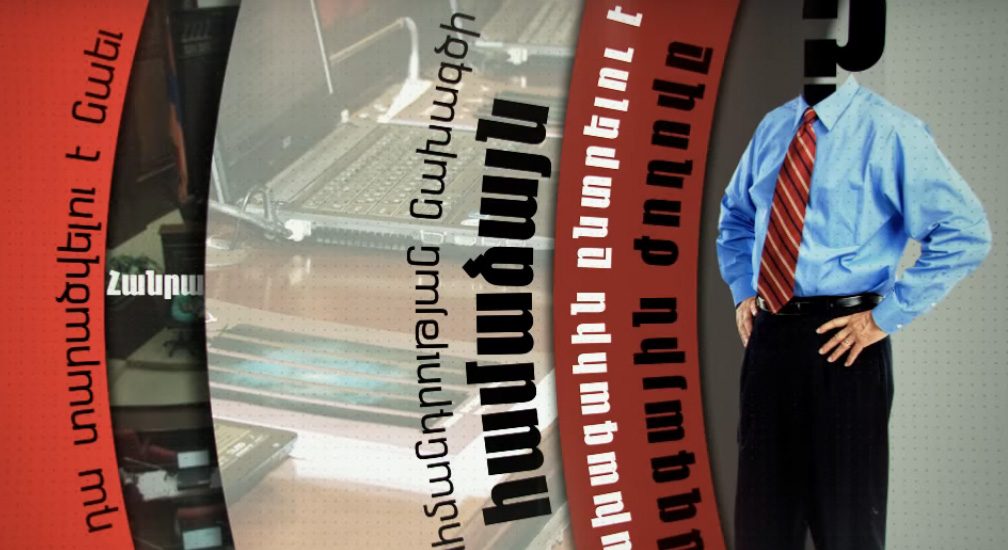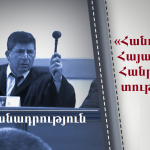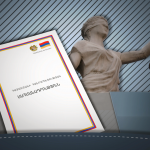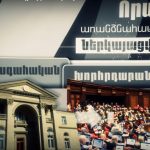As it is known, a referendum on constitutional amendments will be held in Armenia on December 6. The main change in the Draft concerns the model of state administration system. Hence, let us try to understand what kind of executive power we will have in case of adoption of the Draft Constitution.
- Since we are switching to the parliamentary system by the new Draft Constitution, the President’s powers and competences significantly decrease. And even though the President retains the status of head of state, he loses the leadership of executive power as the latter goes to the Prime Minister.
- According to the Draft, the President is not the Commander-in-Chief of the Armed Forces anymore and does not coordinate the activity of state bodies in the sphere of defense. The same applies to other law enforcement agencies, for whom the President ceases to be superior.
And as the de facto head of state of any country is the superior of security agencies and other executive bodies, it turns out that, in case of adoption of constitutional amendments, the President will only be the formal head of state.
- In contrast to the current Constitution, the President retains only ceremonial powers in the foreign policy sphere according to the Draft. He does not represent the Republic of Armenia in international relations anymore and does not exercise general control over foreign policy. These functions are passed to the Government and the Prime Minister.
But, as we mentioned, the President is the head of state according to the Constitution. And hence, a question may arise on who will speak on behalf of Armenia in the UN or in other agencies. In Georgia, for instance, as a result of switching from a presidential to a parliamentary system, the President and Prime Minister, not being able to agree on the issue, attended summits independently from each other and quarreled there on the topic of who should deliver a speech.
- Previously we mentioned that the National Assembly will appoint the Prime Minister, the ministers, all the members of National Commission on Television and Radio. General Prosecutor, Human Rights Defender, the whole leadership of the Central Bank, Audit Chamber’s leadership, Central Electoral Commission and a number of other bodies. And as the majority in the National Assembly will belong to the ruling party, it results that all these officials will be directly dependent on the ruling party. Moreover, it will also apply to the President of the Republic as the President will be elected by the National Assembly proper according to the new Draft Constitution.
- Article 124 of the Draft stipulates that the President of the Republic cannot be member of any political party. But if we take into account the fact that he will be elected the National Assembly that is composed exclusively of representatives of political parties, it becomes clear that he will bear the influence of the ruling party one way or another.


 Հայ
Հայ Рус
Рус



